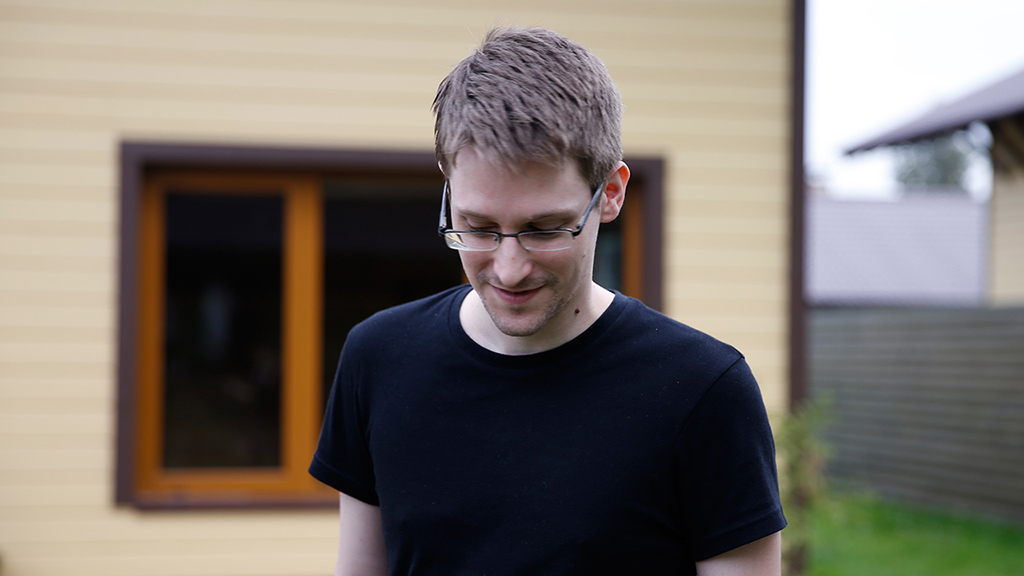Before delving into the subject matter of the film, speaking strictly of the craft, the Edward Snowden documentary Citizenfour is exemplary filmmaking. It is a slice of modern history presented in a straightforward and compelling manner. This is coming from a guy who abides almost exclusively by narrative filmmaking. If you’re going to see any documentary at all, see this one.
My thoughts on digital surveillance have evolved over the course of Snowden’s disclosures. Lack of surprise colored my initial reaction, followed shortly by genuine surprise that the story had garnered as much attention as it had, and was apparently not going away. But in time I finally arrived at a true appreciation of the importance of these disclosures.
I do not believe there is ever a good excuse to keep secrets, big or small—especially when it’s a government that is supposed to represent the people it governs. Honest representation cannot be done in the dark. Those who call Snowden a traitor have decided, whether they recognize it or not, that they are content with a government doing things that they are not aware of. I find it ironic that the loudest calls of “traitor” are coming from the right-wing, who in all other respects favor limited government. But I am not a political person and have no interest in following this tangent further.
As to the size and scope of the current surveillance apparatus, I personally find it to be an inevitable development that goes hand-in-hand with the development of computer technology. Digital surveillance as it is today did not surface from some wellspring of greed and fear. Greed and fear were always there—always a part of the human psyche—and they will always find an outlet. It is the development of computer technology that has made this surveillance possible. It is the increase in processing power and storage capacity, as well as the prevalence of digital devices of all shapes, sizes, and functions, in all facets of our daily lives. We are creating an ever-increasing, incomprehensible amount of data, and data in the right hands is profitable. Of course some entities were going to decide to collect it and parse it, whether government, corporation, or hacker collective—within the framework of the law, or beyond it.
Most of this data begins life in a benign form, fueling corporate profit; they’re just trying to turn a buck by better knowing their customers. But information wants to spread. The entire internet is designed for the sharing of information. At its most basic level, it’s one computer sharing with another. What begins as an Amazon.com browsing history can easily turn into a psychological profile. Information doesn’t just dissipate into the ether: it can be combed through, combined, and analyzed from any angle, for any purpose.
And there’s nothing you can do about it.
When a person can walk around with 128 GB of storage the size of a fingernail, what hope do you have of controlling the spread of information? Information can’t be stopped. You can personally choose to stop generating new data, but you’re never going to stop the collection of data that you leave in your wake. Let’s just accept that as the new reality in which we live.
So where is it you’d like to draw the line between what can and cannot be done with this data? Are we as a society willing to say, here’s this piece of irrefutable information that implicates a person in a murder, but we’re not going to act on it, because, privacy? Are we willing to say, here’s a hotbed of illicit activity that’s harming countless people, but we’re not going to keep an eye on it, because, privacy?
Try drawing a clean line that protects privacy but supports law and order.
You can’t.
And where a clean line can’t be drawn, it will be eternally fought over by one faction against another. This is a heroes-and-villains, good-versus-evil sort of scenario: you will never vanquish your foes, but by giving up the fight you allow your opposition to run amok. You fight, not to win, but to maintain the balance.
This is a dance we’ll do forever.



